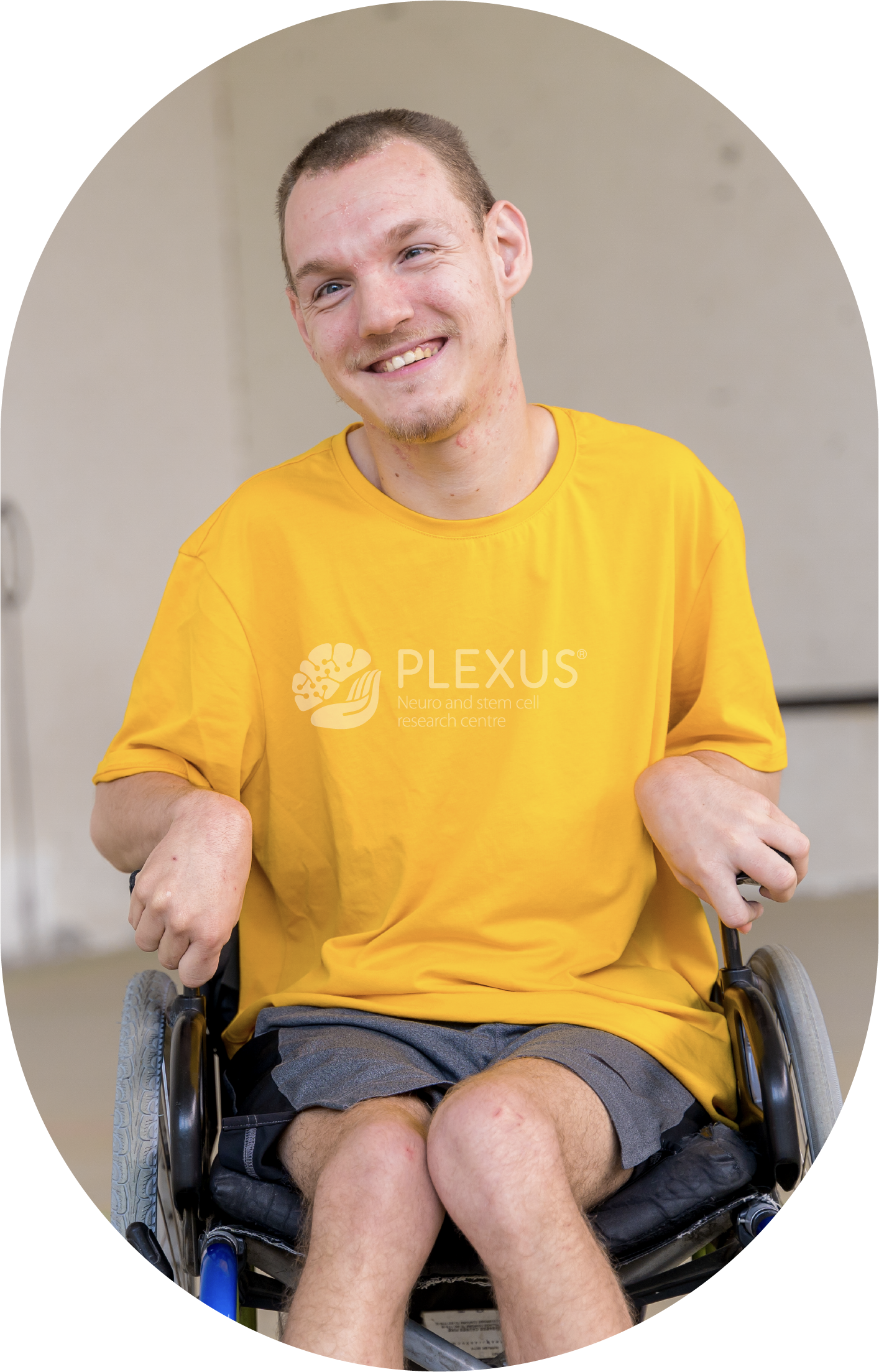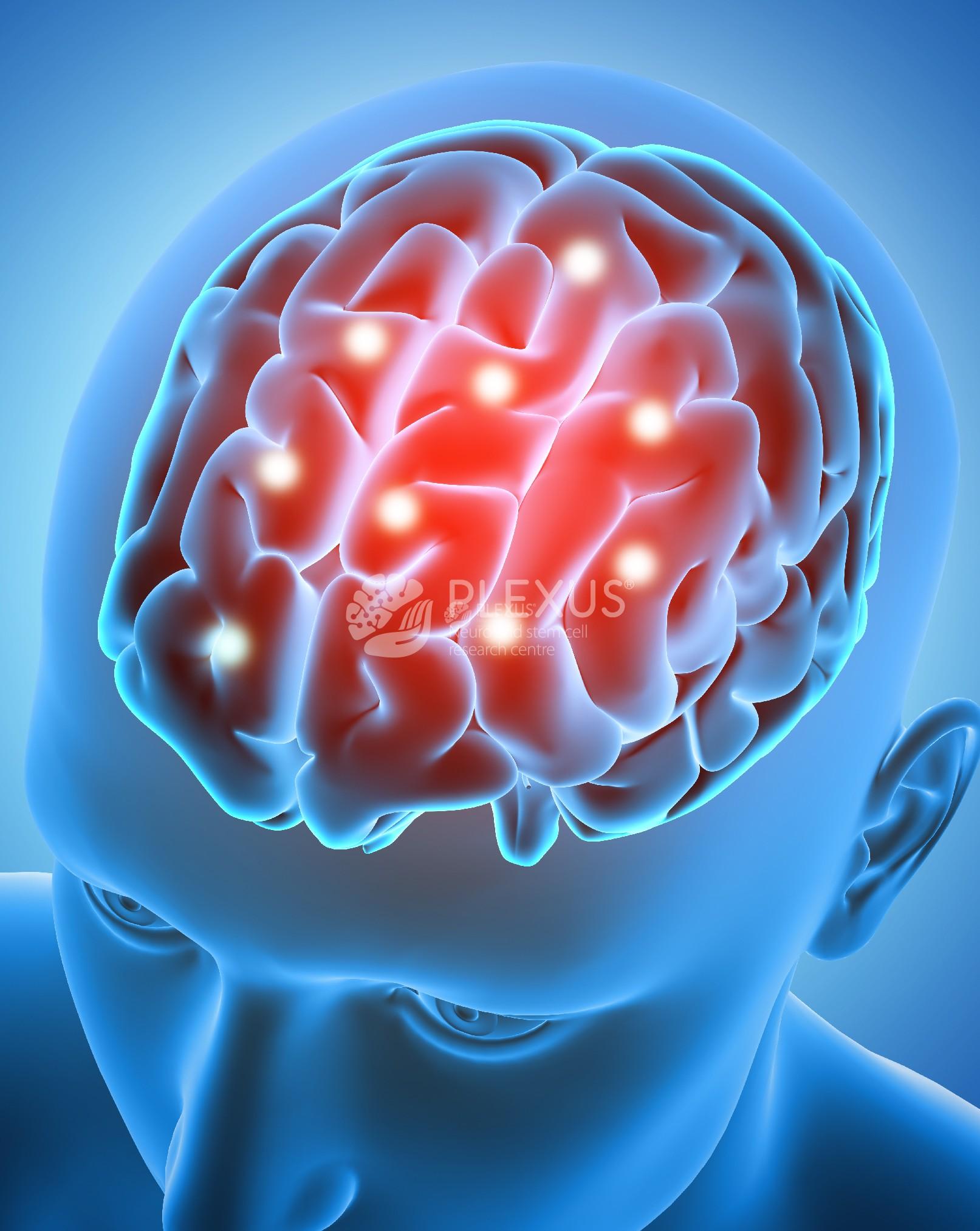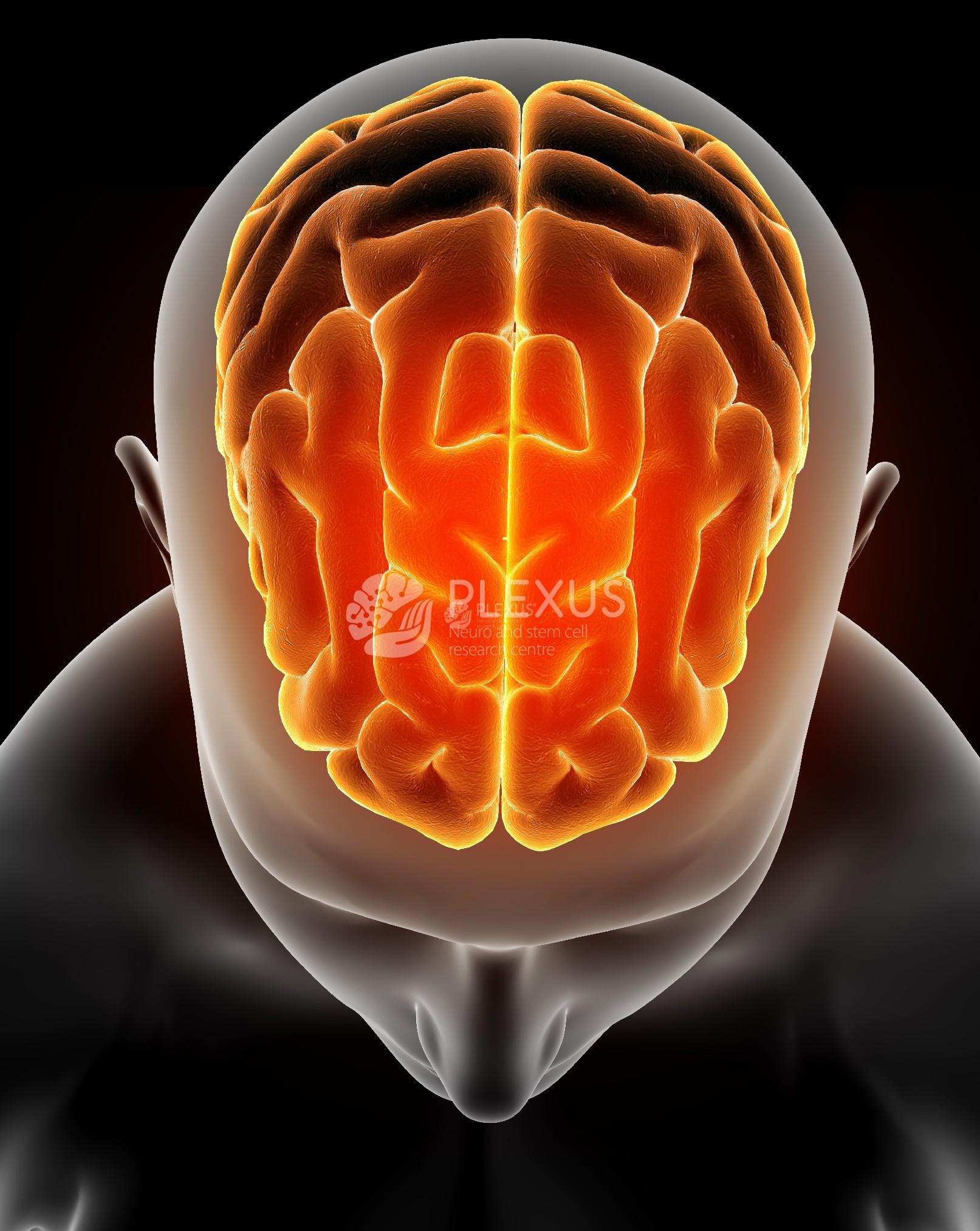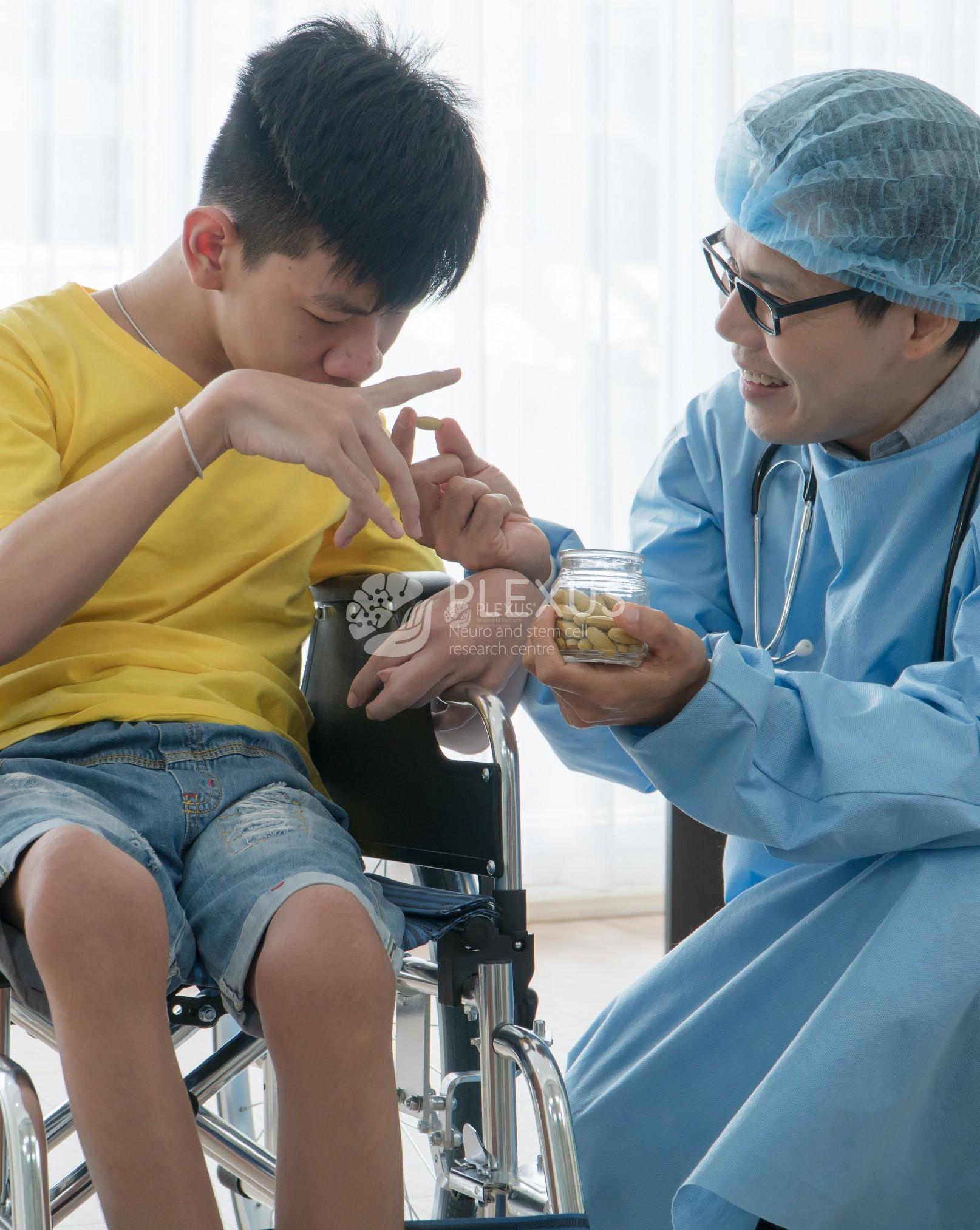- About Us
- Cell Therapy
- Neurology
- Disorders
- Services
- All Therapies
- Regenerative Rehabilitation
- Rehabilitation for Stroke
- Rehabilitation for Spinocerebellar Ataxia
- Parkinson’s Disease Rehabilitation
- Multiple Sclerosis Rehabilitation
- Rehabilitation for Spinal Cord Injury
- Rehabilitation for Motor Neuron Disease
- Rehabilitation for Cerebral Palsy
- Brachial Plexus Injury rehabilitation
- Rehabilitation for Global Developmental Delay
- Childhood Disorders Clinic
- Outpatient Services
- Ask a question
- Request an appointment
- About Us
- Cell Therapy
- Neurology
- Disorders
- Services
- All Therapies
- Regenerative Rehabilitation
- Rehabilitation for Stroke
- Rehabilitation for Spinocerebellar Ataxia
- Parkinson’s Disease Rehabilitation
- Multiple Sclerosis Rehabilitation
- Rehabilitation for Spinal Cord Injury
- Rehabilitation for Motor Neuron Disease
- Rehabilitation for Cerebral Palsy
- Brachial Plexus Injury rehabilitation
- Rehabilitation for Global Developmental Delay
- Childhood Disorders Clinic
- Outpatient Services
- Ask a question
- Request an appointment
MND Should Not Slow You Down
Slow Down MND With Plexus
Motor Neuron Disease (MND) is a group of progressive neurological disorders that affect the motor neurons – nerve cells responsible for controlling muscle movement. It is a debilitating condition with complex causes, symptoms, and risk factors.

Motor Neuron Disease Causes and Risk Factors

Family history
Familial ALS – Nearly 5-10% of MND cases with clear genetic links are classified as Familial ALS. These genetic mutations can cause degeneration and ultimately death of motor neurons, resulting in muscle weakness and atrophy.
Sporadic ALS – The majority of MND cases are sporadic, with no family history of the disease. However, research suggests that the presence of various genetic variations may increase susceptibility to sporadic ALS.
Environmental factors
Toxin exposure – Such as heavy metals like lead and pesticides
Oxidative stress and inflammation
Oxidative stress can lead to the complete degeneration of motor neurons. Local and systemic inflammation can also contribute towards disease progression.
Glutamate Excitotoxicity
Excess glutamate can overstimulate nerve cells, causing them to become damaged or die.

Motor Neuron Disease Symptoms
Fasciculations
Speech difficulties
Dysphagia
Respiratory problems
Fatigue
Cognitive changes
Motor Neuron Disease : Early Symptoms
Early signs of MND may include:
Clumsiness
Slurred speech
Causes of Sensory Processing Disorder

Motor Neuron Disease Treatment in Bangalore

At Plexus, we offer the best treatment for MND through our tailored rehabilitation program. This unique regenerative rehabilitation program comprises the following:
Cell therapy
Injected Cells slow down the rate of neurodegeneration and also have the capacity to self-renew, regenerate cells, and repair damaged tissue.
OT helps restore strength, improve endurance and hand function, and manage fatigue.
Physiotherapy helps improve posture and prevents joint immobility.
Speech therapy helps maintain communication skills, and swallowing skills. It also aids in symptom management.
Muscle relaxants and medication
These help relieve muscle stiffness, and reduce drooling that occurs due to dysphagia.
Our rehabilitation for MND also offers:
- Diets and nutrition plans
- Endurance training and fitness management
- Functional stretching for relief from muscle stiffness
- Hand function training
- Functional splinting
- Strengthening of muscles in the shoulder, neck, upper and lower limbs, and oral structures
- Activities for daily living training
- Energy conservation and work simplification training
- Counseling and caregiver support

Our treatment program at Plexus
We are one of the leading Sensory Processing Disorder treatment centers in the country. Under the guided supervision of Dr Na’eem Sadiq, our team of occupational therapists provides Sensory Integration Therapy to treat neurological conditions like Cerebral Palsy in children.
After a thorough evaluation, we determine how the therapy will benefit your child’s condition. Our therapists plan a sensory diet exclusively for your little ones and record their improvements on a weekly basis.
- Anticipating action and outcome
- Correctly interpreting sensory input
- Creating physical equilibrium and a sense of space
- Developing positive behavior patterns
- Eliminating fear
- Encouraging play and socialization
- Lessening sensory defensiveness
- Minimizing input intolerance
- Reducing negative physical reactions
Anticipating action and outcome
Correctly interpreting sensory input
Creating physical equilibrium and a sense of space
Developing positive behavior patterns
Eliminating fear
Encouraging play and socialization
Lessening sensory defensiveness
Minimizing input intolerance
Reducing negative physical reactions
What our patients say

Ramanujan (name changed)
“I believe that Dr Na’eem Sadiq is an amazing doctor with a friendly, warm attitude. His care towards his patients is commendable and he is a great listener. He explains to his patients and their family in the most simple terms about the root cause of problems and provides a comprehensive treatment for them. We came to India from the US to get Cell Therapy for our son with Autism.
We sincerely thank Dr Na’eem Sadiq and his staff. It was a wonderful journey with you. Keep up the good work! I will recommend Plexus to all my family and friends.”

Priyanka Reddy (Name changed)
“My experience with Plexus has been pleasant. Dr Na’eem and his staff members have been helpful and they treated my son who was suffering Sensory Processing Disorder wholeheartedly. I am glad I found this center as it helped my son recover as soon as possible.”
Dewansh Singh
“I have come to Bangalore all the way from Delhi for Therapy. I was suffering from motor neuron disease from 1 year. At Plexus Centre, I have taken Therapy and I am quite satisfied by the result . At Plexus you will find the best physiotherapy & the result will be in your hands. Now I am going back to my hometown & I will continue the treatment guided by KASTUREE mam and KANISHKA mam”.

Raj Kumar
“Dr.Naeem is excellent in his positive approach which boosts the confidence of the patient. Very cheerful front desk staff. Professional therapists are doing their job excellently with cheerful face and lot of patience. I wish the team all success in their endeavours”.











